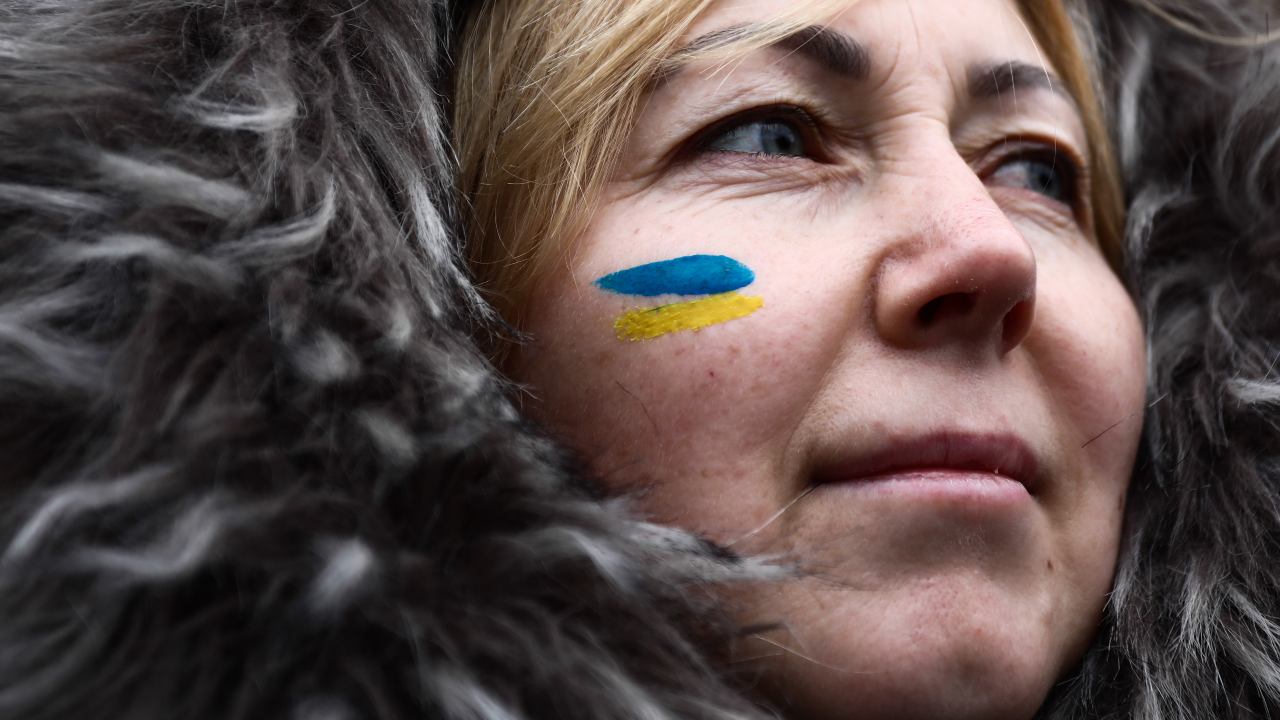The terrible realities of war have brought profound changes to the outlook of Ukrainians. It’s hard to see them ever changing back to a Russophile worldview.
Russia has one central war aim — to destroy Ukraine’s sovereignty and, in so doing, the very essence of national identity. Instead, it has inadvertently bolstered a sense of unity and shared heritage, fueled by the unspeakable and well-chronicled atrocities of the Russian Army.
Surveys show a consistent pattern of Ukrainians turning away from Russia and almost everything associated with it, something all the more notable in a country where many of the population spoke Russian as a mother tongue. Those numbers have fallen as Russian speakers embrace the Ukrainian language despite Vladimir Putin’s belief they would support his war of conquest.
The grief resulting from these extensive war crimes has seared itself into the collective memory, something demonstrated by a survey last year conducted by the Razumkov Center’s sociological service in cooperation with the Ilko Kucheriv Democratic Initiatives Foundation.
In the minds of Ukrainians, the most memorable event of the war turned out to be the battles near Kyiv in Bucha, Irpin, Brovary, and Hostomel (36%), small towns to the northwest of Kyiv that bore the brunt of the Russian invasion in the early months of the war and that provided the earliest evidence that the invading forces were behaving with extraordinary savagery.
The occupation of the Southern cities of Kherson and Melitopol came a close second (32%) Here and elsewhere, the Russian occupation prompted street protests by pained residents, which also were remembered by many (24%) as a symbol of the country’s unbreakable spirit.
The survey offers a fascinating insight into the dual nature of a new, emergent national identity rooted in tragedy and heroism — the most-remembered events are almost equal representations of both.
Along with the gory battle for Mariupol (28%) — believed to have claimed at least 20,000 mostly civilian victims — attacks by Ukrainian forces are also recalled. The sinking of Russia’s Black Sea flagship, the cruiser Moskva was recalled by 27%, as was the valiant defense of Bakhmut (21%)Russia’s capture of the Zaporizhzhia Nuclear Power Station was mentioned by 24%.
What does this tell us?
In order to gain insight into Ukrainian identity, it is crucial to comprehend a deep national sense of resilience. This has been instrumental in Ukraine’s ability to withstand 27 months of attacks from one of the most formidable armies of the 21st century.
But even knowing this, it is extraordinary to see just how deep the Ukrainian certainty is in ultimate victory. An astonishing 88% expressed confidence in this outcome in a February survey.

